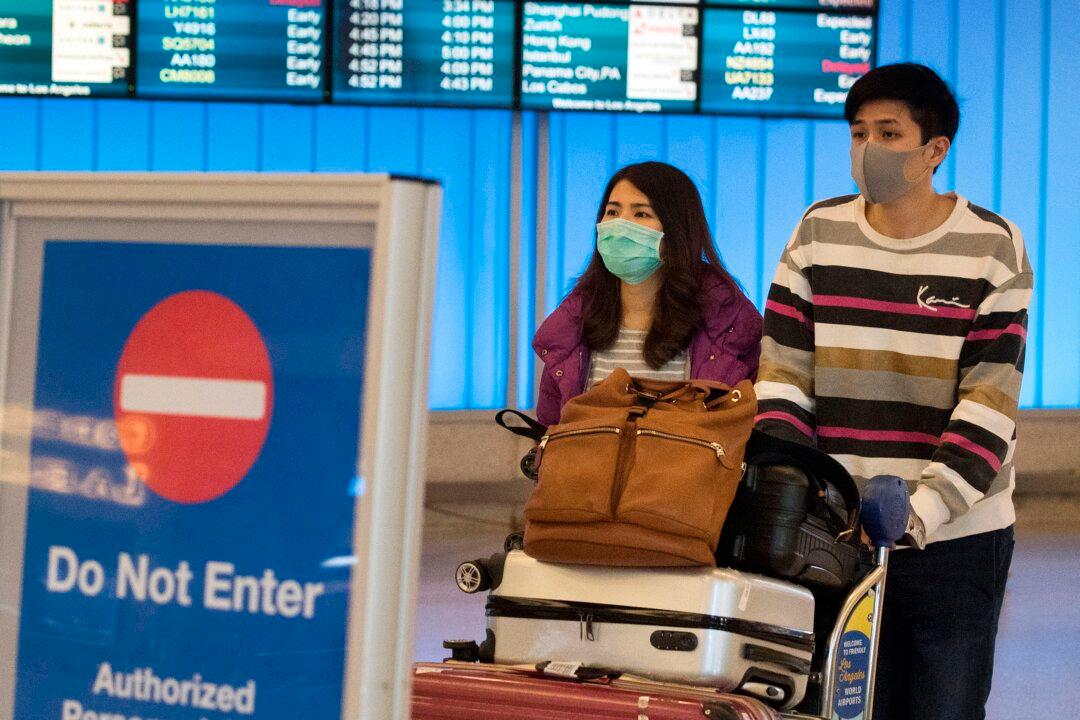The World Health Organization (WHO) announced that the mystery viral illness that has sickened scores of people in China and claimed patients’ lives is not yet a global health emergency.
“Make no mistake. This is an emergency in China, but it has not yet become a global health emergency,” said Dr. Tedros Adhanom Ghebreyesus, the head of WHO, in a press conference Thursday. “I am not declaring a public health emergency of international concern today,” he added.





